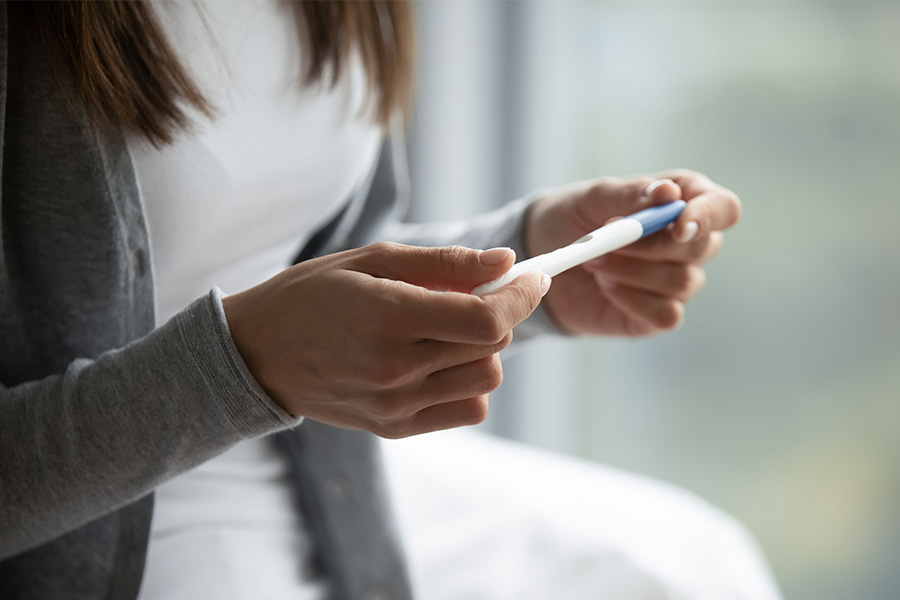It’s no secret that age affects fertility. As you approach your mid-30s, you may wonder what your chances of getting pregnant are. While everyone will have different experiences in their fertility journey, the chances of getting pregnant look pretty good after 35.
How does age affect fertility?
Age affects fertility differently in men and women. Fertility also varies among everyone and additional genetic factors may play a role, but here are a few typical changes in fertility as one ages.
For men, changes in fertility are subtle and begin around age 40. However, men are still able to contribute to pregnancy into their 70s.
For women, it’s a different rate of change. While fertility tends to peak in a woman’s 20s, the chances of getting pregnant after the age of 35 remain significant:
- At age 30, a woman has a 20% chance of conception each month.
- At age 35, there is a 15% chance per month of conception.
- At age 40, the chance of conception is 5% per month.
What healthy habits can you incorporate to improve fertility?
There are ways to help your body prepare to get pregnant after age 35:
- Visit your primary care physician to ensure you are healthy enough to conceive and carry a baby.
- Stay up to date on your routine screenings, preconception labs, and vaccinations.
- Maintain a healthy BMI (body mass index).
- Take a prenatal vitamin with folic acid.
- Discontinue any nicotine or cannabis use and exposure.
- Limit caffeine to under 200 milligrams per day.
- Have a reasonable intake of alcohol (no more than five to 10 drinks per week).
Can you improve the chance of getting pregnant after 35?
Tracking your menstrual cycle and having intercourse (sex) within a specific time frame is important.
If you’re just starting to try to conceive, the idea is to have sex one to two days before and on the day of ovulation. For most couples, having regular intercourse two to three times per week beginning soon after the woman’s period ends will ensure intercourse falls within the fertile window.
For female or nonbinary people seeking to get pregnant without intercourse, options include at-home insemination, intrauterine insemination (IUI) and in vitro fertilization (IVF). These can be done using sperm from a known or unknown donor. Egg and embryo donation are also available. Talk with your doctor about your options and referral to a reproduction specialist.
What should you do if you’re not getting pregnant?
If you’re over 35 and have been attempting to conceive for at least 6 months, schedule an appointment with your doctor for a diagnostic evaluation.
- If you’re between the ages of 35 to 39, attempt for six months to conceive before an evaluation.
- If you’re 40 to 42, attempt for three months before an evaluation.
- If you’re between the ages of 42 to 45 or older, talk with a physician before trying to conceive to discuss reproductive goals and optimize your opportunities.
Kindbody + California Schools VEBA
As a California Schools VEBA member, you have access to Kindbody* as your fertility, family-building, and menopause benefit. If you are looking to grow your family or need assistance in your post-reproductive years, create your Kindbody account and get started here.
*This benefit is for employees and spouses/partners who are enrolled on the California Schools VEBA-sponsored Cigna, UHC, UMR or SIMNSA plans. Those who are enrolled on the California Schools VEBA-sponsored Kaiser plans have access to discounted fertility services and virtual holistic health services that are 100% self-paid and are offered directly by Kindbody and not through the California Schools VEBA benefit program.
Thank you to our content partners at Sharp HealthCare and Kindbody.









